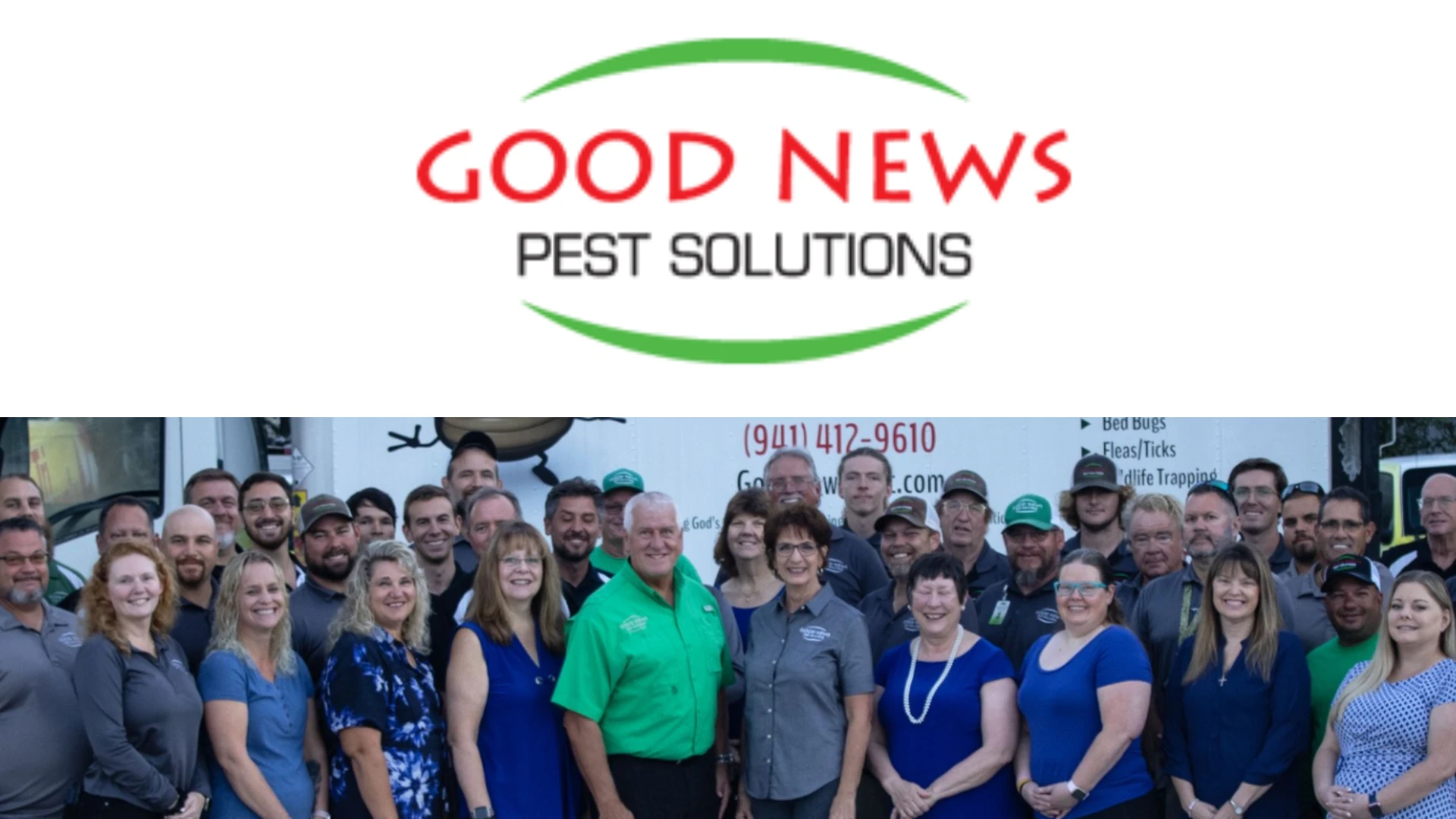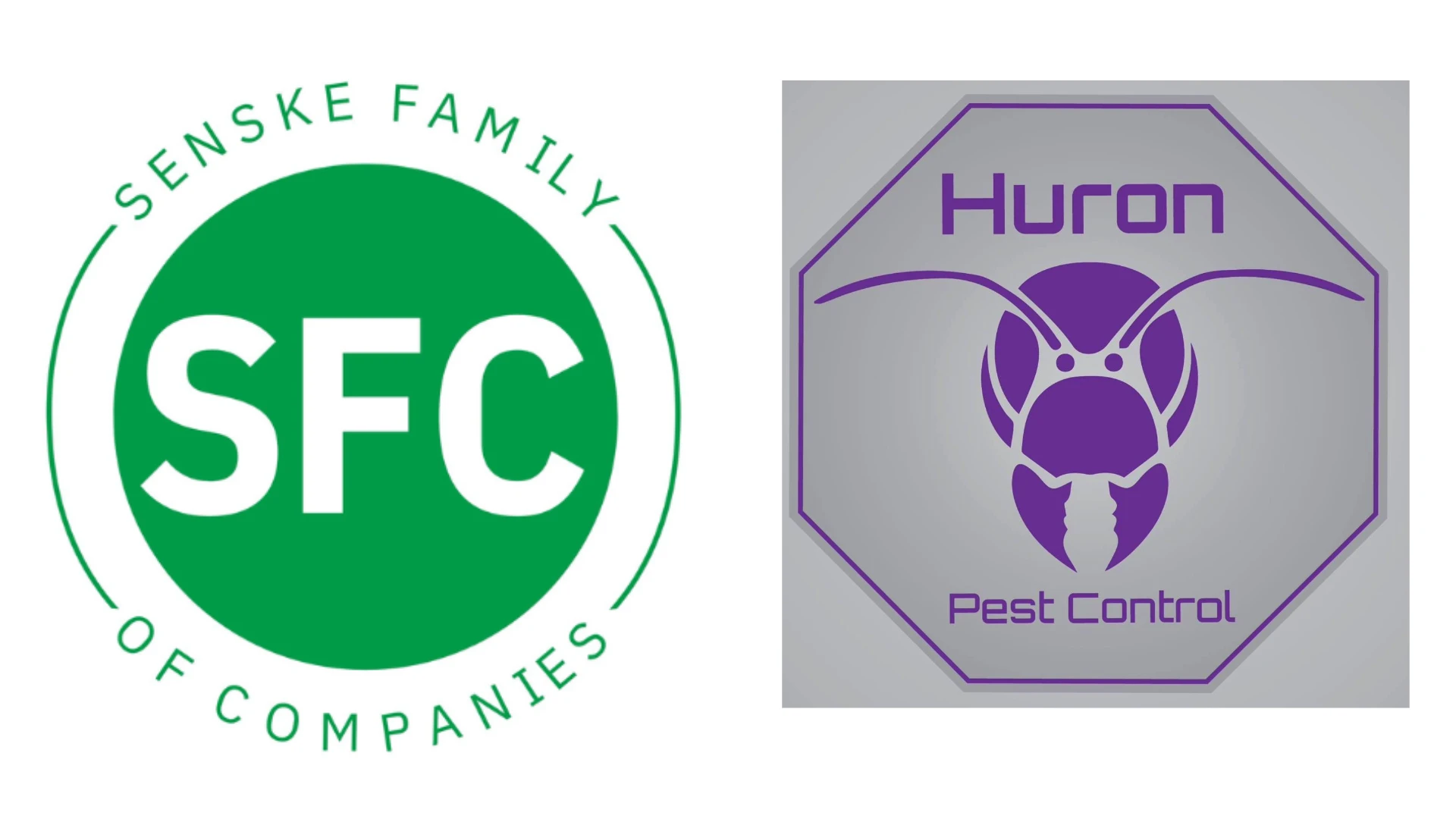Pest control is increasingly becoming highly technical with all kinds of new products and gizmos. Having a truck with a power sprayer and a few pump-up sprayers won’t cut it. In addition, new methods for "precision-targeting" of insecticides require knowledge of insect biology and behavior. But where do you get specialized training for you and your technicians? Here is a brief overview of some training options.
FORMAL TRAINING. For obvious reasons, a degree in entomology would be wonderful training for a PCO. After all, entomology is the study of insects, and such a degree would provide in-depth knowledge of insect classification, biology and behavior. Many colleges offer a four-year bachelor’s of science degree in entomology, urban pest management or even applied pest management. Unfortunately, four-year degrees are out of reach for many who are already well into their careers. However, I would urge everyone who intends to make a life-long career out of pest control to try to get such a degree.
Where do you go for a degree in entomology? Many land-grant universities offer degrees in entomology. Get on the Internet and check your local state university (find the one with an Extension Service) for availability. Some may even offer an online version. For example, the University of Nebraska now offers a master’s degree in entomology that is entirely online (via distance learning). Certainly online programs have disadvantages — mainly due to lack of hands-on experience with the insect specimens themselves — but they still provide a needed service.
INFORMAL TRAINING. Even if you don’t have the time or money to pursue a college degree in entomology, there are still many training options including online courses (non-degree), large national conferences, regional conferences, state or local conferences, and even correspondence courses.
Online courses and tutorials. Cooperative Extension Services — through many universities — serve to translate technical research in lay language to the public. Usually checking the Internet site of your local Extension Service will reveal a treasure of information. For instance, (and this is just one example), the University of Kentucky Extension Service site features a series of free online courses and tutorials. One of them, by Dr. Mike Potter, is about carpenter ants and their control.
National conferences. There are many national pest control conferences providing up-to-date information on pest control. One of the most important is the National Pest Management Association’s Convention and Exposition held annually in different cities around the country. Last year it was in Orlando. The event — called Pest Management 2002 — was billed as "the world’s largest pest management convention and exposition." Owners of many "mom and pop" pest control companies think the NPMA annual meeting is too expensive for them. It certainly is expensive, but I would urge every PCO to attend at least one of these national meetings during their career to see the big picture of pest control in the U.S. Who knows, you might like it so much that you go again!
There are several other national meetings, such as the Purdue University Pest Control Conference held in January in West Lafayette, Ind. The Purdue Conference attracts hundreds of people annually from around the world. Outstanding speakers and industry leaders give training seminars, research and regulatory updates, product development, marketing and management hints, and additional information vital to pest management. Other national meetings are industry-sponsored such as the Whitmire Micro-Gen Institutes of Technology, held every two years. The most recent Whitmire Institute was held in Toronto Canada.
State or regional conferences. Almost all state pest control associations put on annual (or even more frequent) training conferences for continuing education units (CEUs) or license/certification renewal. Some of these have become regional, drawing PCOs from a several state area. I will mention two such meetings specifically; there are many others. The University of Kentucky (mainly the efforts of Dr. Mike Potter) holds a regional pest management conference each year in the fall in Lexington, Ky. Secondly, many distributors offer training sessions. (One I’ve attended is by B&G Chemicals and Equipment Company. The company holds a wonderful one or two-day conference each year in three Texas cities.)
Correspondence courses and other alternatives. Purdue University offers several self-directed learning programs for PCOs and their technicians, including a basic course in pest control technology, an urban and IPM course, and a food facility pest management course, among others. In my city, I have on occasion formed groups of people taking the Purdue correspondence course and led them through the course as a "group tutoring" thing. Each person was enrolled (through Purdue) on their own and progressed on their own, but we met weekly for two hours to discuss the lessons and work through the homework. These informal sessions were invaluable because of the opportunity for interaction with local PCOs. Many nights we got into detailed discussions about difficult pest situations and various ways to control them. I was amazed at their insight and creative ways of doing pest control. I was supposed to be the teacher, but sometimes I learned more than they did.
Pesticide label club. One last alternative training idea I’d like to mention is one I’ve never done — but would like to — a label club. Yes, you heard it right — a pesticide label club. I think a wonderful training opportunity for any pest control company or organization would be to have scheduled sessions — say once a month — wherein a commonly used pesticide label is read and discussed in detail. Not just a cursory thing, either. I mean, close scrutiny of the pesticide, its active ingredients, proper uses, personal protective equipment required, environmental restrictions, etc. There could be discussion of possible uses, hazards involved, places the pesticide could not be used, etc. After a few months of such meetings, your technicians would essentially know the products they use "like the back of their hand."
CONCLUSION. Whatever type of training your company uses, remember to document, document, document. In this day of million-dollar lawsuits, it is important for each company to have documentation of all safety and educational training of their workers. In case of a lawsuit, it helps to be able to show that you had done everything in your power to train your employees in the most up-to-date pest control practices.
There is no lack of training opportunities for pest management personnel in our country. Probably the only question is which ones to attend. Deciding which ones to attend obviously involves financial and "time away from work" considerations. I would urge you not to skimp on training. This is not the area to cut costs. Send yourself and your technicians to the finest, most thorough, training in the country. It’s a great investment that will pay off in quality job performance and reduction in liability.
The author is a medical entomologist for the Mississippi Department of Health and clinical assistant professor of preventive medicine at the University of Mississippi Medical Center, Jackson, Miss. He can be reached at jgoddard@pctonline.com.
WANT MORE?
Enter your email to receive our newsletters.

Explore the February 2003 Issue
Check out more from this issue and find your next story to read.
Latest from Pest Control Technology
- Webinar: Employee Incentives — Going Beyond the Annual Raise
- Pest Control Companies Helping Neighbors in Need Eradicate Bed Bugs
- Why Does Marketing Feel So Opaque?
- How Did This Pest Get Its Name?
- Rose Pest Solutions Honors Top Performers with Annual Chief’s Club Awards
- Doug Foster on Termite Control Equipment, Resources
- Pest Control Consultants Acquires EcoGuard Pest Control
- Pest Index Increased 9 Percent YOY in February






